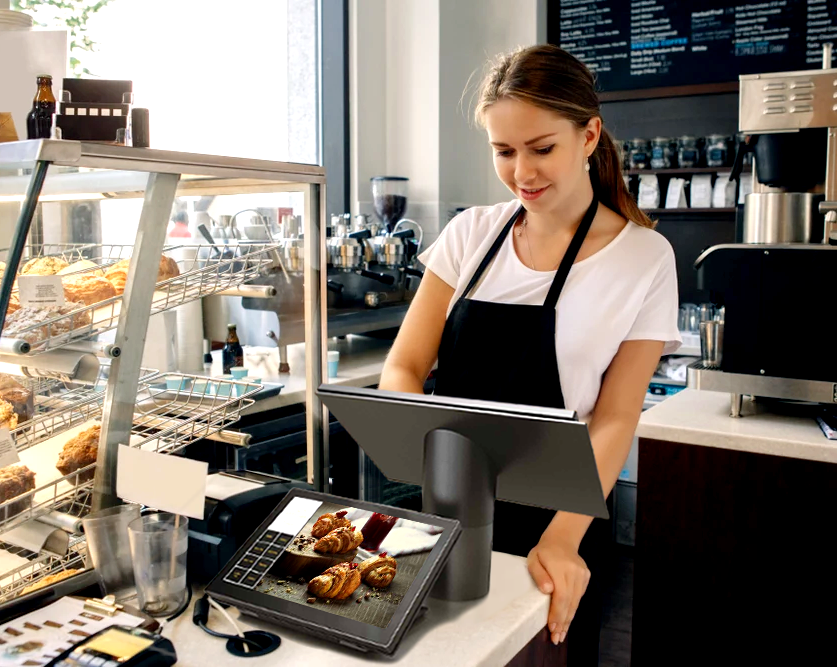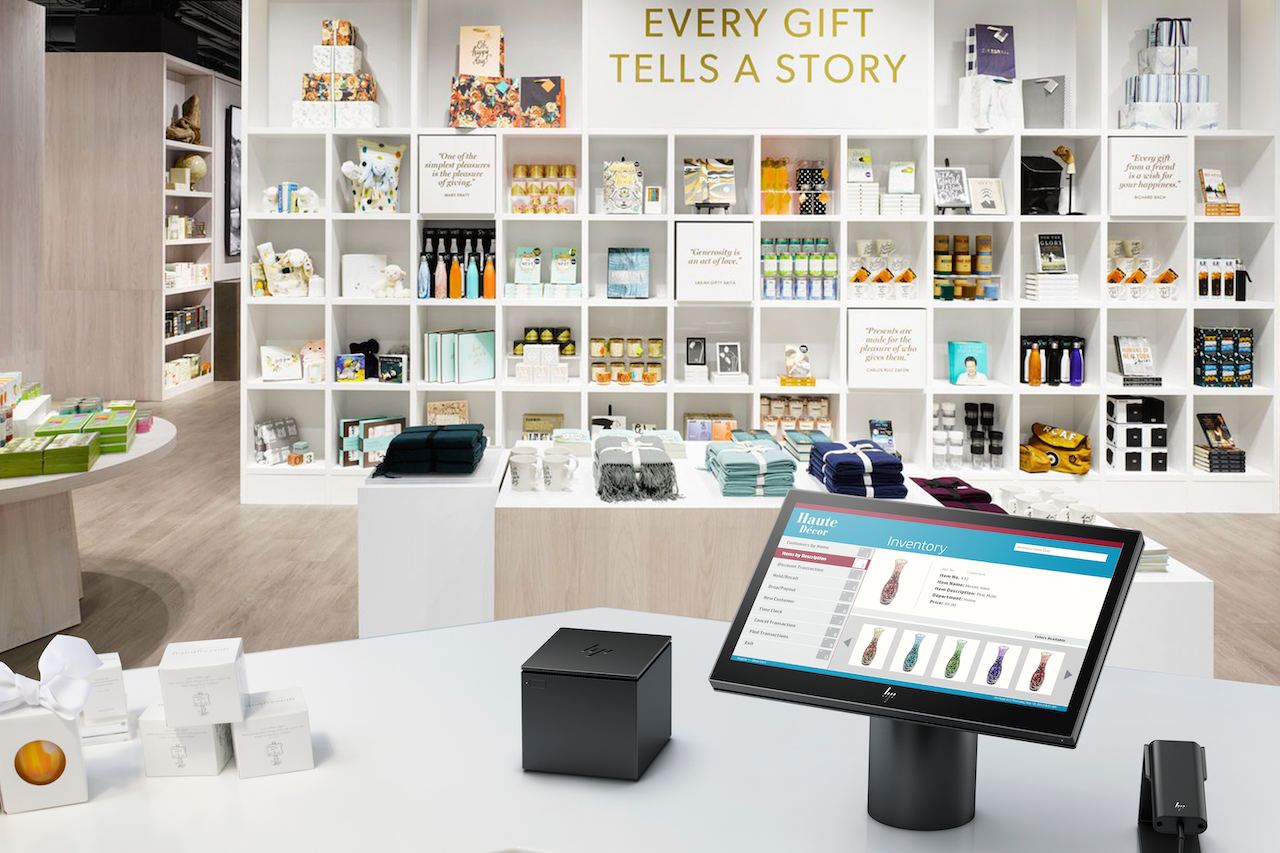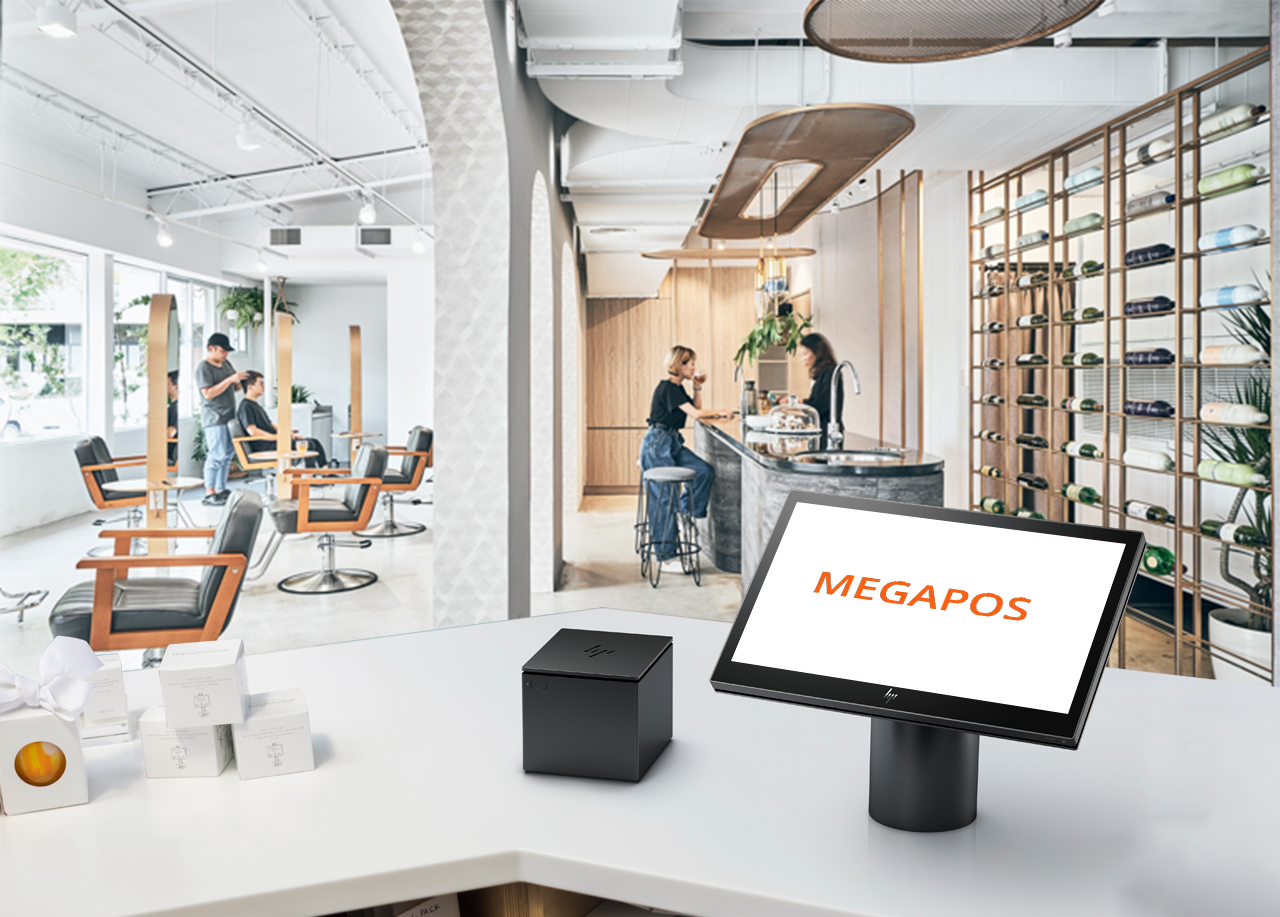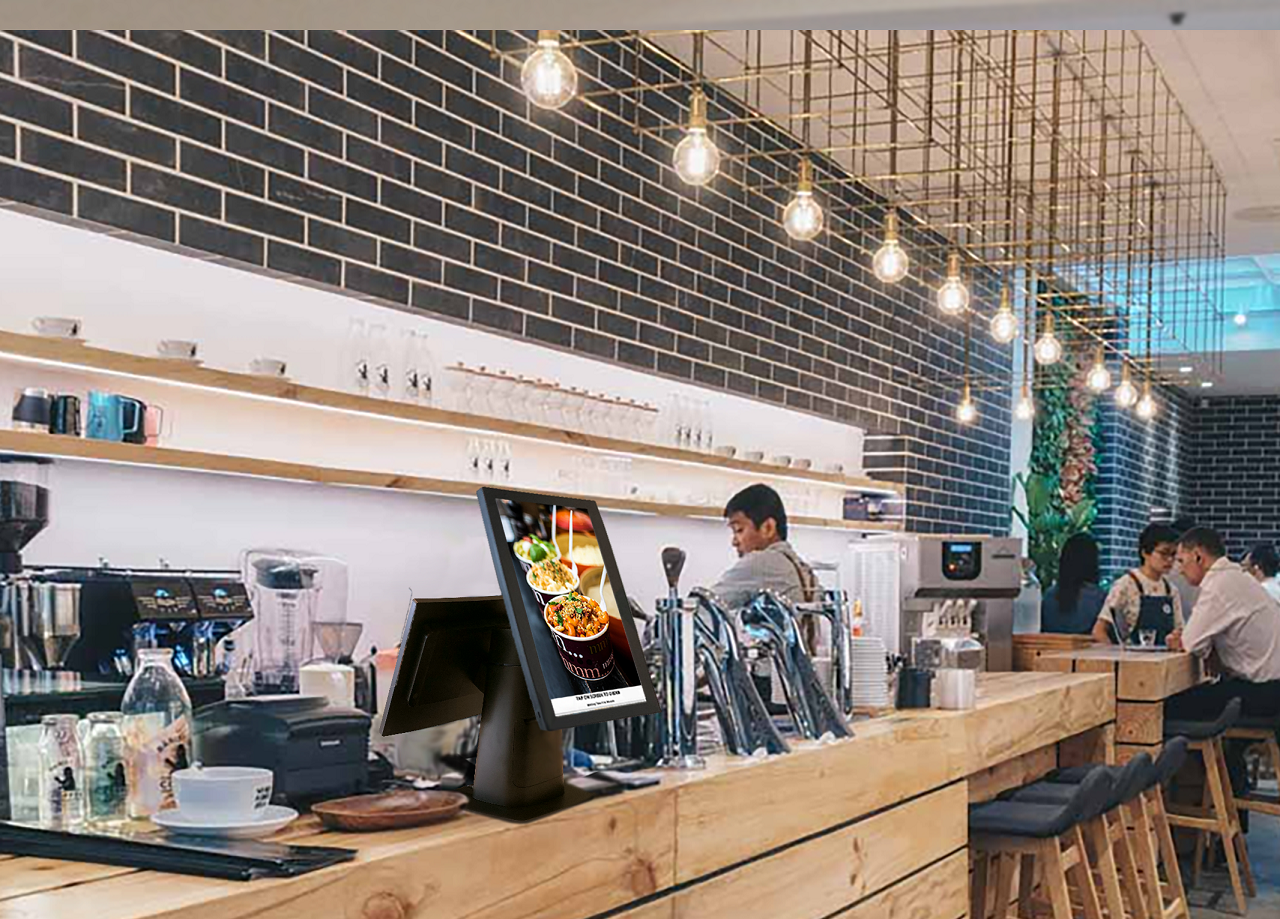Are self ordering kiosks suitable for Coffeeshops and Hawkers?
In the bustling food scene of Singapore, where traditional meets modern, the integration of technology into dining experiences is a topic of hot debate. Self-ordering kiosks have helped many F&B businesses in Singapore streamline operations and enhance customer experiences.
But in the context of Singapore's more traditional coffeeshops and hawker stalls, are self-ordering kiosks a suitable? This discussion deep dives into the feasibility and implications of implementing self-ordering kiosks in these quintessential Singaporean dining venues.
The Appeal of Self-Ordering Kiosks
Self-ordering kiosks have become increasingly popular in fast-food outlets and modern restaurants worldwide, praised for their efficiency and ability to reduce human error. These kiosks offer several benefits that could be appealing to both coffeeshop and hawker stall owners and their customers. By automating the ordering process, these kiosks can potentially reduce waiting times, minimize order inaccuracies, and allow for a smoother flow of service during peak hours.
For customers, the appeal lies in the convenience and speed of service, enabling them to make selections at their own pace without feeling rushed.
Considerations for Implementation
Cultural Fit (Loss of human touch):
Singapore's coffeeshops cultivate a communal vibe and a personal connection, creating an inviting atmosphere through the interactions between stall owners and their loyal patrons. This human element is a key factor in drawing customers back, setting these establishments apart from the more commercialized and system-driven F&B outlets found in malls, where personal interaction is often less emphasized. Thus, introducing self-ordering kiosks into this environment requires a thoughtful approach to ensure that this cherished human touch, crucial to customer retention, is not lost in the process.
Cost and Space:
Coffeeshops and hawker centers primarily serve as affordable entry points for F&B entrepreneurs venturing into their first business. However, the upfront costs and spatial demands of installing self-ordering kiosks might present obstacles for smaller outlets operating on tight budgets and confined areas. Additionally, certain coffeeshop proprietors may restrict stall owners from occupying additional space beyond their designated premises for setting up self-ordering kiosks.
Digital Literacy:
Singapore boasts a high degree of digital literacy among its population, which means the majority of consumers are well-equipped to navigate self-ordering kiosks with ease. This widespread digital savviness plays a crucial role in the successful adoption and functionality of self-ordering systems. Therefore, in the local context, implementing self-ordering kiosks in coffeeshops and hawker centers can proceed with minimal concern over potential issues like customers struggling to place orders or the risk of lost sales due to technological barriers.
Operational Efficiency:
For stall owners, the adoption of self-ordering kiosks could lead to increased operational efficiency and reduced labor costs. However, the effectiveness of these kiosks would also depend on the integration with kitchen operations and the ability of F&B owners or staff to manage orders effectively.
Technical Issues and Maintenance:
Dependence on technology comes with its set of challenges, including potential technical glitches and the need for regular maintenance. Stall owners would need to ensure that they have the necessary support to address these issues promptly to prevent negatively impacting their earnings.
In the vibrant landscape of Singapore's food scene, where coffeeshops and hawker stalls are the heartbeats of community dining, the integration of self-ordering kiosks presents both opportunities and challenges. To ensure these technological tools enhance rather than detract from the dining experience, F&B owners must approach their implementation with strategy and sensitivity.
How Coffeeshops/Hawkers can make self ordering kiosks work
Preserving the Human Touch
The essence of Singapore's coffeeshops and hawker stalls lies in the rich, personal interactions between patrons and stall owners. This unique aspect of customer service is a significant draw for customers seeking not just food, but a sense of community and connection. To maintain this critical element, F&B owners can consider hybrid models that blend traditional service with digital convenience. For instance, while kiosks handle the transactional aspect of ordering, staff can be redeployed to focus on customer engagement, such as greeting guests, providing recommendations, and ensuring a pleasant dining experience. This approach allows technology to streamline efficiency without sacrificing the personal touch that customers value.
Addressing Technical Issues and Maintenance
The reliance on self-ordering kiosks introduces the inevitable challenges of technical glitches and the need for ongoing maintenance. Proactively addressing these concerns is essential for smooth operations. F&B owners should partner with reliable technology providers (such as MEGAPOS) that offer prompt technical support and regular maintenance services. Establishing a quick response system for addressing technical issues will minimize downtime and maintain customer trust. Additionally, training staff to troubleshoot common problems can provide an immediate solution in many cases, ensuring that the dining experience remains uninterrupted.
By thoughtfully integrating self-ordering kiosks, F&B coffeeshop owners and hawkers can enhance operational efficiency while preserving the cherished dining culture unique to Singapore. The key is to view technology as a tool to help out rather than replace the human elements that define the essence of Singapore's coffeeshops and hawker stalls.
Conclusion
The suitability of self-ordering kiosks in Singapore's coffeeshops and hawker stalls is not a straightforward yes or no answer. It involves a nuanced consideration of the benefits and challenges, as well as the cultural significance of these dining establishments. While self-ordering kiosks can offer improvements in efficiency and customer service, their implementation must be approached with sensitivity to preserve the unique dining culture that makes Singapore's coffeeshops and hawker stalls so special. Ultimately, the adoption of self-ordering kiosks should aim to complement rather than replace the personal touch that is the hallmark of Singaporean dining.
If you are looking for a self ordering kiosk for your F&B business, WhatsApp us, or send us an enquiry!
Book a demo at our showroom
Cloud POS System for Every Industry
Food & Beverage Cloud POS System
F&B operations range from simple to complex. MEGAPOS Cloud POS systems has all the features that your F&B operations needs and will need as you grow.

Retail Cloud POS System
Optimised for businesses in the retail industry. Features for all your basic retail operation needs and more.

Salon/Wellness Cloud POS System
Online booking of appointments, appointment management, staff sales and commission and customer package redemptions have never been easier with MEGAPOS Salon cloud POS system


MEGAPOS 2-in-1: POS Kiosk
MEGAPOS POS Kiosk is designed to meet the needs of F&B businesses that are looking to digitalize their ordering process with a self order kiosk but face space constraints and require a cost effective solution. With MEGAPOS POS Kiosk, you get a cloud POS system and a self ordering kiosk, two in one!
